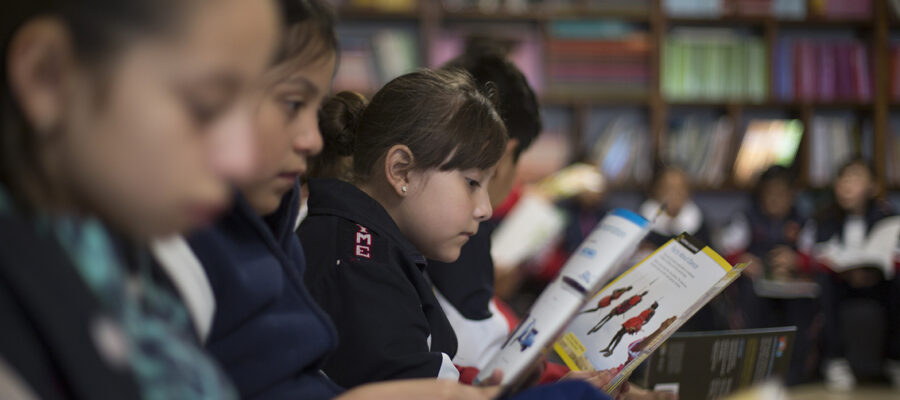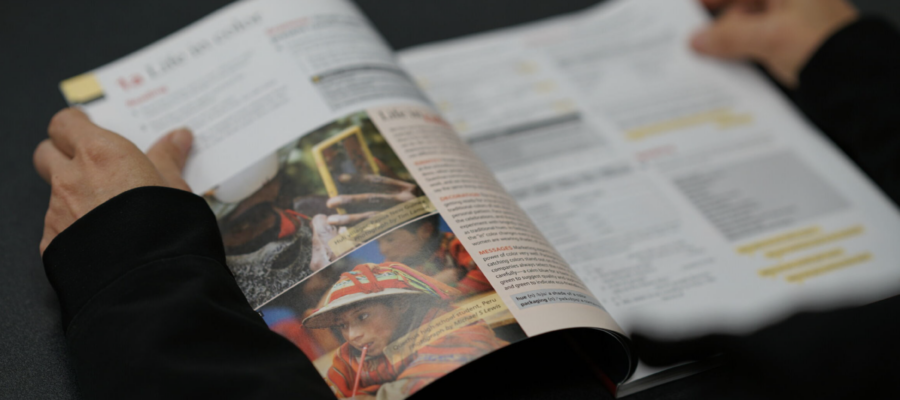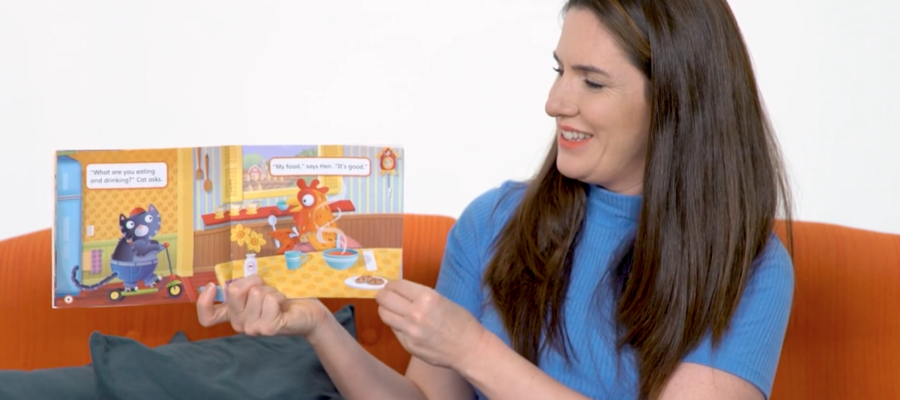Stories are powerful tools in the English language classroom. They help learners connect with characters, explore new ideas, and develop important language skills. But educators know that choosing the right story isn’t always easy. We might ask ourselves: But it’s not just about choosing the right story — it’s also about











